5 Interesting Startup Deals You May Have Missed In April: Telehealth For Pets, Crab AI And Better Care
In a lot of places, April is not short on rain. It also was not short on interesting rounds to write about, so let’s take a look at a handful you may have missed.

This is a monthly column that runs down five interesting startup funding deals every month that may have flown under the radar. Check out our March entry here.
In a lot of places, April is not short on rain.
It also was not short on interesting rounds to write about, so let’s take a look at a handful you may have missed.
What’s wrong, Fluffy?
Telehealth has exploded in the past several years, likely expedited by the COVID pandemic and many of us not wanting to do something in-person that we can do on a device.
Pet ownership has also exploded, as has the pet care economy. According to Bloomberg, the global pet economy is expected to grow from $380 billion to more than $500 billion by 2030.
Obviously, what’s needed is pet telehealth. Enter Beverly Hills, California-based startup Airvet. The company raised an $11 million Series B-2 this month led by HighlandX.
Airvet offers a pet telehealth platform delivered as an employee benefit, partnering with employers to help support all employees who have a Fido or Mr. Whiskers at home.
The platform connects pet owners — which it calls “pet parents” — on video or chat with a network of more than 2,000 licensed veterinarians and care providers.
The platform has seen traction, growing revenue 4x in the last year and its client base 3x.
Although, we’re not quite sure how Fluffy tells the vet what’s wrong on video chat.
A healthier kind of health
Staying in the health sector — but switching to humans — Daymark Health raised an $11.5 million seed round co-led by Maverick Ventures and Yosemite this month.
Despite all the advances in healthcare, the one thing most providers are still not good at is looking beyond the tests and imagining and actually relating to — and offering some comfort to — the actual patient.
That’s where Philadelphia-based Daymark comes in, as the startup extended care to those diagnosed with cancer.
Nearly 2 million people are diagnosed with cancer in the U.S. every year. Many — probably most — have to manage questions, symptoms and other needs on their own when not in the doctor’s office.
Daymark tries to address the “clinical, mental health and social needs” of patients delivered through a cancer-care platform. Through partnerships with payers, Daymark’s team of nurse practitioners, nurses, social workers and others work with a patient’s oncologists and primary care providers to help deliver high-quality care — both virtually and in the home.
Those diagnosed with cancer need — and deserve — the highest level of care possible. That includes more than just your regular doctor appointments.
AI for crab
Anyone who loves seafood knows it can be difficult to discern exactly what you’re buying.
A new startup hopes to help with that. SeafoodAI received an April investment from NEC X to help bring real-time biometric data and AI-powered traceability to your seafood.
The Palo Alto, California-based startup is starting by tackling the crab industry. Its CrabScan360 uses AI-powered biometric scanning technology to automate crab measurement, sorting and data recording. The platform replaces outdated and error-prone manual processes.
The platform hopes to enhance traceability, make regulatory compliance easier, and deliver precise operational insights to everyone in the seafood supply chain. The new process enables fisheries and processors to achieve verifiable sustainability certifications more easily and quickly.
The startup also aims to expand its biometric scanning to additional seafood markets such as tuna, salmon and shrimp.
Time to clean up
As someone once said, real estate is a good investment because they don’t make it anymore.
However, not all land is a good investment thanks to what we’ve done to it. Remedy Scientific is trying to fix that. The Oakland, California-based environmental remediation automation startup emerged from stealth this month with an $11 million seed funding from Eclipse Ventures, Refactor and others.
In the U.S., the Environmental Protection Agency estimates there are over 450,000 brownfield sites nationwide. The average time for federally designated cleanups is 12 to 15 years and some can take more than 30 years.
Remedy Scientific’s technology platform dramatically accelerates this process, unlocking the development potential of contaminated sites across the country. PFAS chemicals — often called “forever chemicals” — are especially challenging contaminants to remove.
However, Remedy has developed a remediation platform that uses algorithmically optimized treatment processes and sensing to detect and destroy such contaminants at their source, while also reducing remediation timelines and lowering costs.
Land remediation seems like an unusual — but needed — industry for startups.
The (AI) doctor will see you now
It seems likely AI will replace all of us one day, so why not doctors?
Well, Doctronic isn’t promising to do that quite yet, but it is using AI to streamline the process of seeing a doctor and making it cheaper.
The New York-based startup raised a $5 million seed round from the likes of Union Square Ventures and Tusk Venture Partners this month. Doctronic is an “AI-powered health assistant” — basically an AI Doctor — that gives users instant, personalized health insights that are also anonymous.
However, the added twist is that the user can also then take their AI health summaries and access video visits with a nationwide network of licensed providers — for just $39. No insurance is needed.
Healthcare seems to get more and more expensive — maybe AI can change that.
Illustration: Dom Guzman





![How AI Use Is Evolving Over Time [Infographic]](https://imgproxy.divecdn.com/YImJiiJ6E8mfDrbZ78ZFcZc03278v7-glxmQt_hx4hI/g:ce/rs:fit:770:435/Z3M6Ly9kaXZlc2l0ZS1zdG9yYWdlL2RpdmVpbWFnZS9ob3dfcGVvcGxlX3VzZV9BSV8xLnBuZw==.webp)
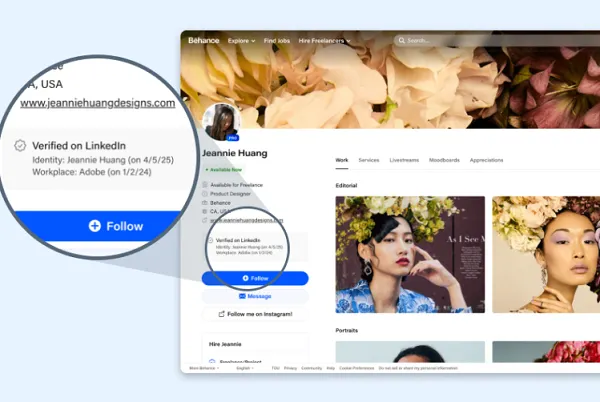




















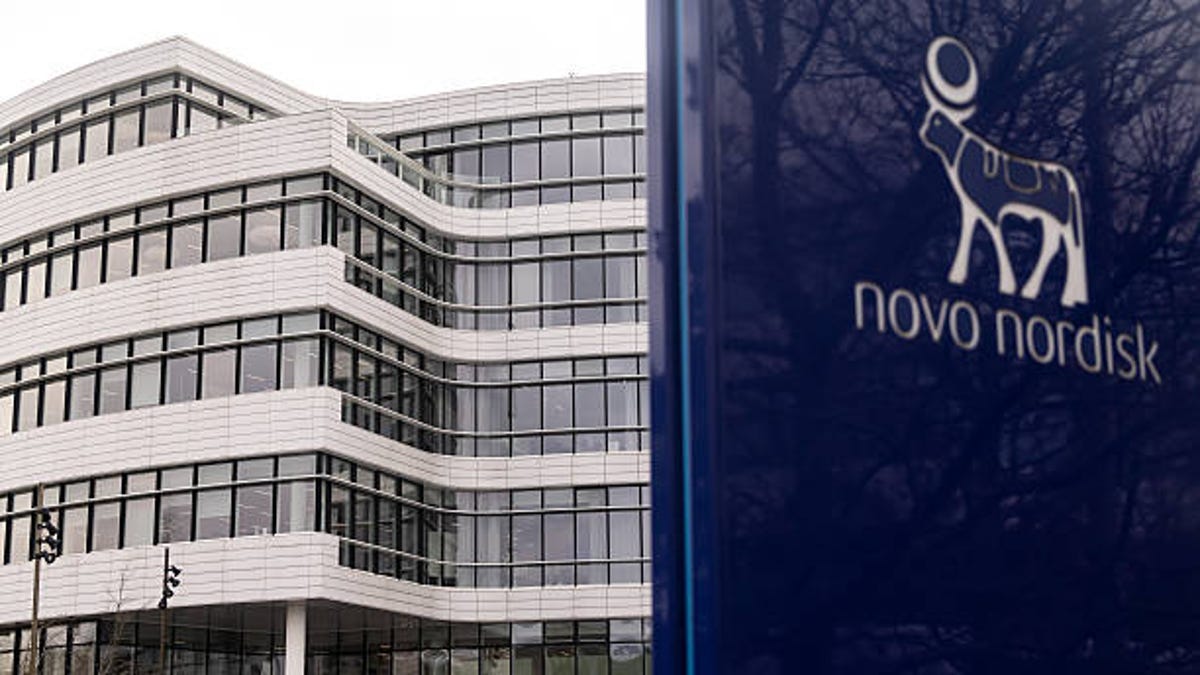


























![[Weekly funding roundup April 19-25] VC inflow continues to remain subdued](https://images.yourstory.com/cs/2/220356402d6d11e9aa979329348d4c3e/Weekly-funding-1741961216560.jpg)







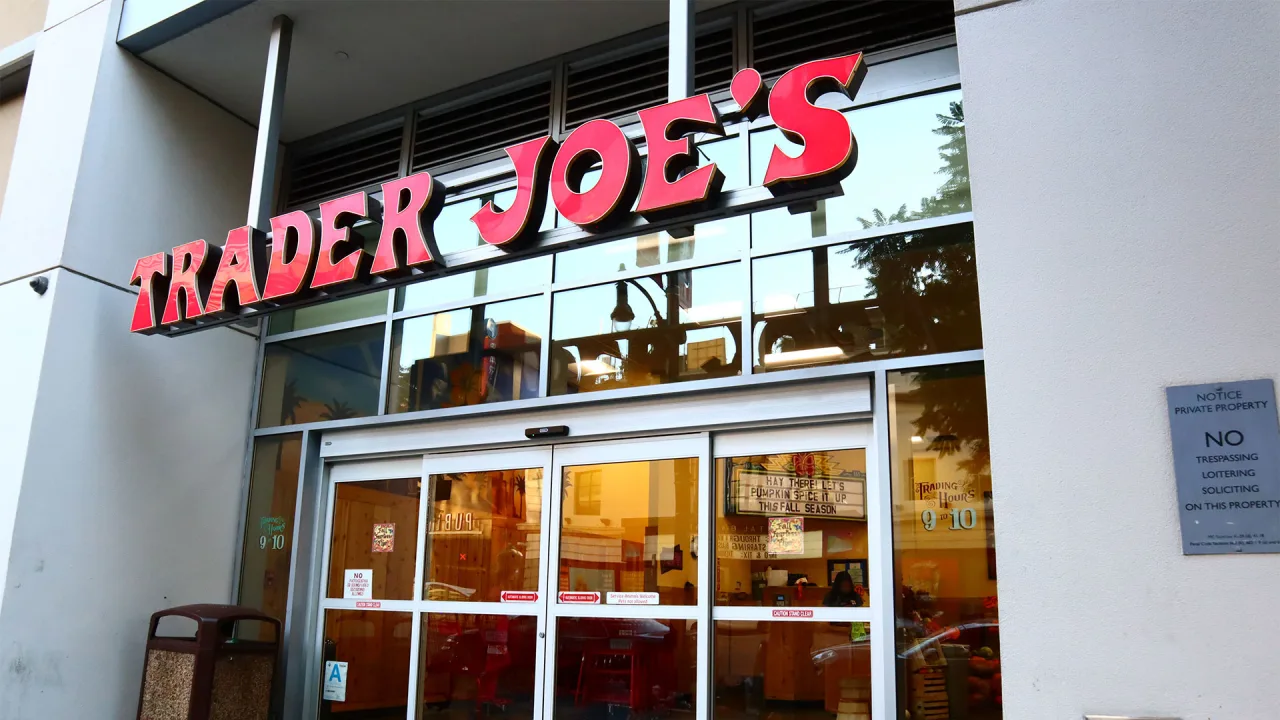






















































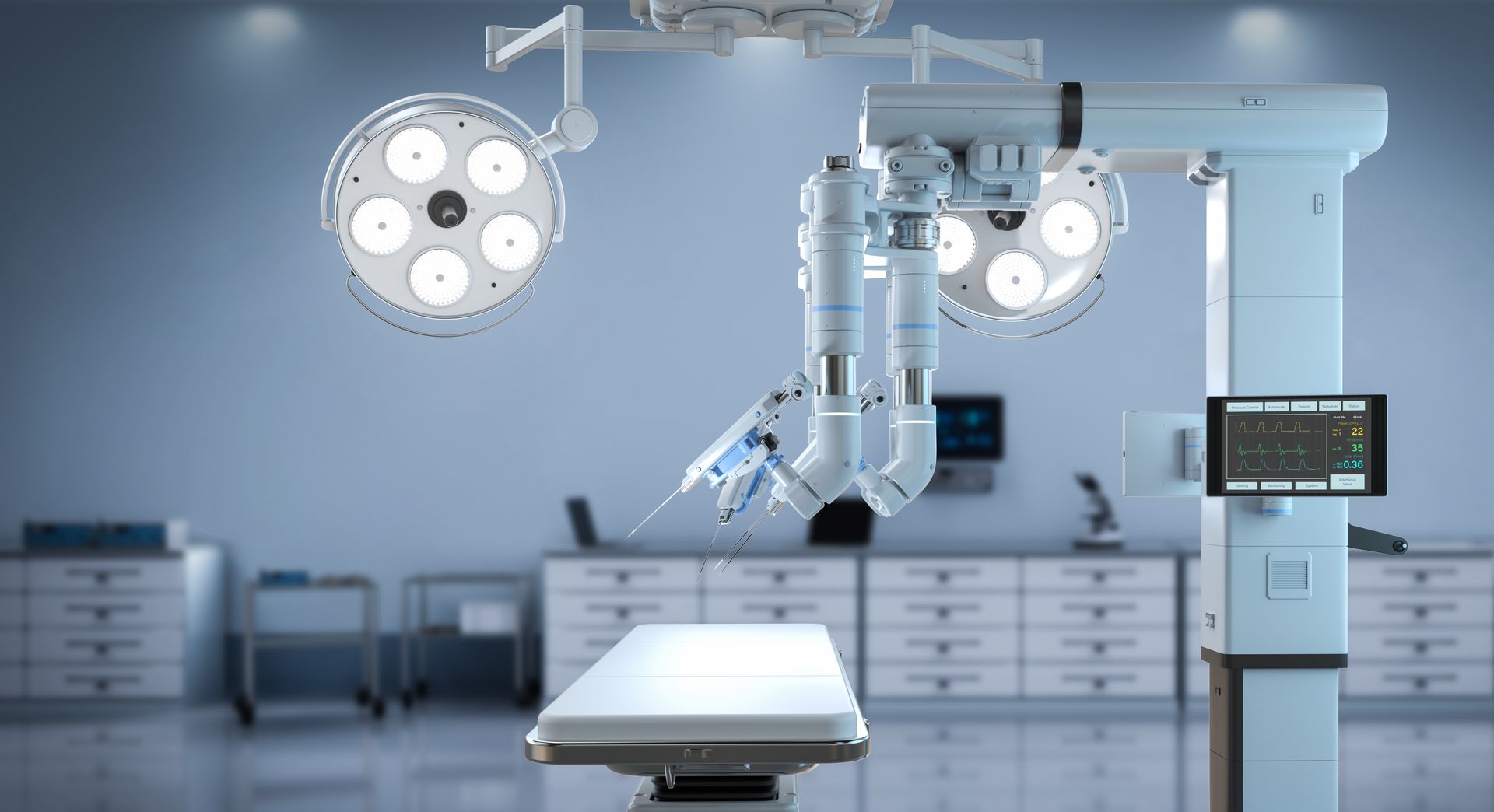















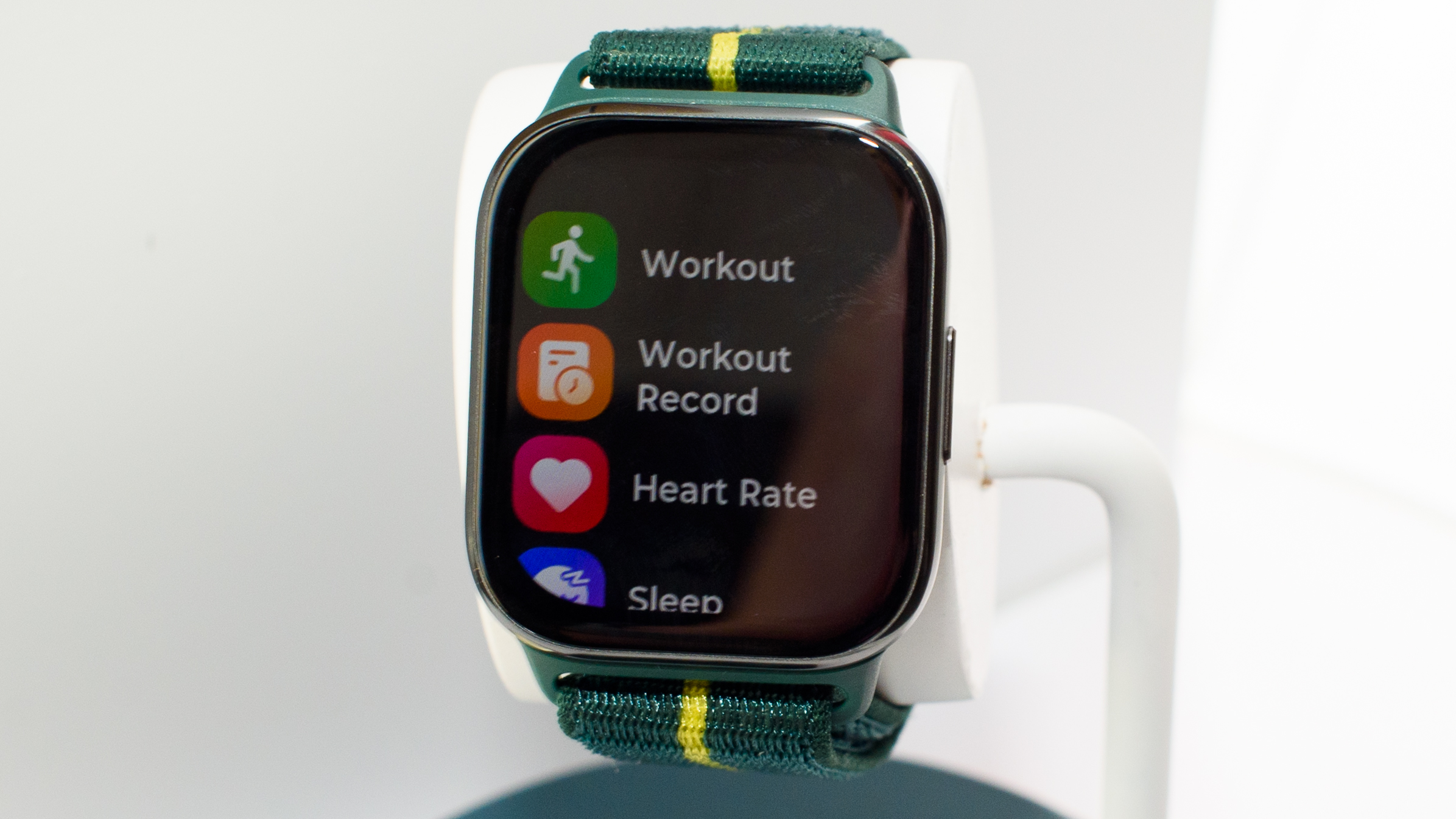





















































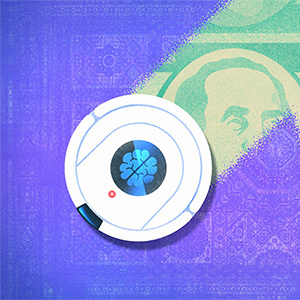
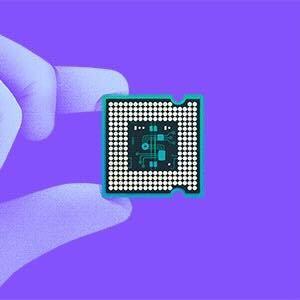



![How to Find Low-Competition Keywords with Semrush [Super Easy]](https://static.semrush.com/blog/uploads/media/73/62/7362f16fb9e460b6d58ccc09b4a048b6/how-to-find-low-competition-keywords-sm.png)
